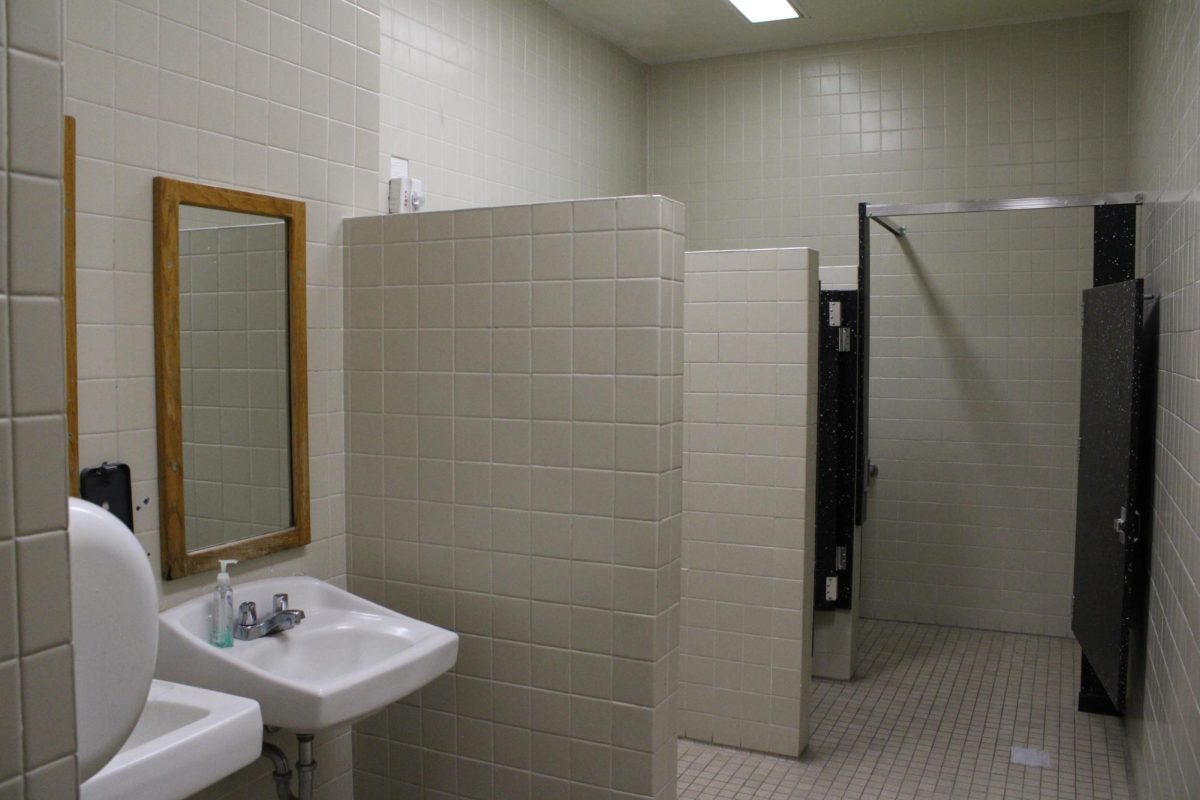Millenial mindset flawed, “do what you love” does not always apply
February 27, 2015
When we were little, we believed that we could be anything we wanted to be. Some kids wanted to be an astronaut, others, a princess, and some even imagined a future as President of the United States. Or, if you’re like me, maybe being a bus driver was your dream job at age 4. No matter how outlandish the career we envisioned ourselves in as children, we were convinced that we could accomplish it.
Whether you’re 25 or 75, we all grew up believing that we could be anything we wanted to be. That we do something we loved, and follow our passions. But unlike the generations of the past, the millenials have held onto this delusion until adulthood.
No longer is it acceptable to work in a traditional job, sitting at a desk each day from nine to five. Instead, more than ever, young adults are seeking new means of supporting themselves. More independent businesses have been started in the past several years than during any other period of American history. Previous generations were more focused on practical jobs that would provide for their families. The young people of today are more intent on pursuing their own desires, indulging themselves by departing from the lifestyles led by generations of the past.
The reason for this change in mentality comes from a wake of belief in the statement “Do what you love.” It was a phrase first popularized by Steve Jobs, in his commencement speech to Stanford’s graduating class of 2005. He said, “You’ve got to find what you love. And that is as true for your work as it is for your lovers. Your work is going to fill a large part of your life, and the only way to be truly satisfied is to do what you believe is great work. And the only way to do great work is to love what you do.”
Do what you love. Such an adage is pretty in concept. It highlights individualism and freedom of choice. It rejects any obligation to the world that one may feel entitled to fulfill.
Yet, the pithy saying has obvious gaps in logic and in merit. What ever happened to honorable, but unlovable work? The statement that great work can only come from work that you love diminishes the deserved respect for people like trash collectors, electricians, or construction workers. Chances are, most custodians didn’t grow up fantasizing about being in such a profession, but each of those jobs are necessary, and the saying “do what you love” undermines the appreciation to those in less glamorous jobs.
“Do what you love” can also only apply to a select few. Choice is a privilege that not many people have in the world today. Those who can do what they are passionate about must already have sufficient means to support themselves, and little responsibility to others. Oftentimes, doing what one is passionate about does not necessarily mean a steady income, or any income. I might have a passion for painting hermit crab shells, but it’d be impossible to support myself or my family while pursuing this passion. Many millenials fail to realize this, and it is this unawareness towards reality that makes young people so disliked by older generations.
“Do what you love” isn’t bad advice. One should always keep in mind what they are actually passionate about not only when they consider his or her career path, but in any situation. Yet, millennials have to accept that sometimes you won’t always get the privilege to “do what you love.”

















